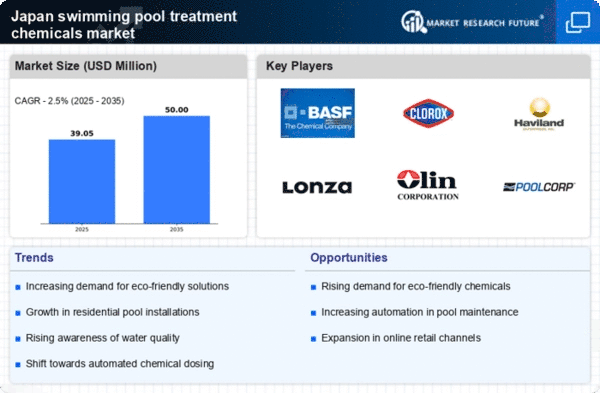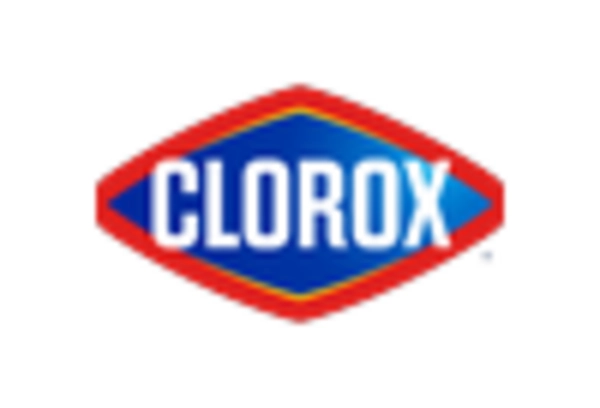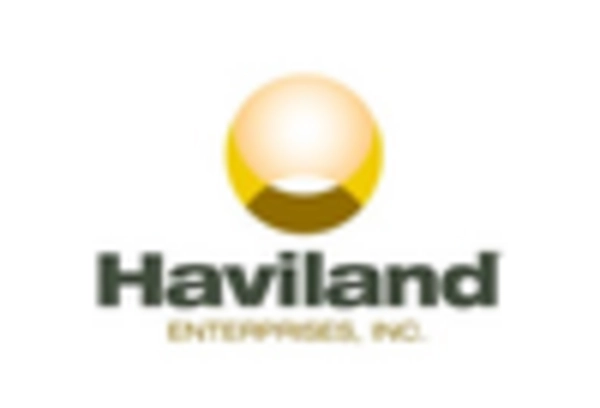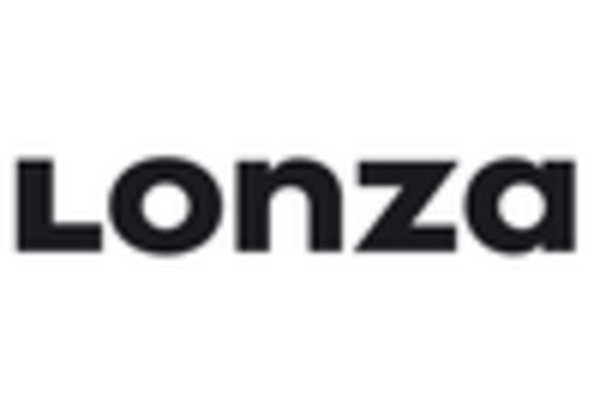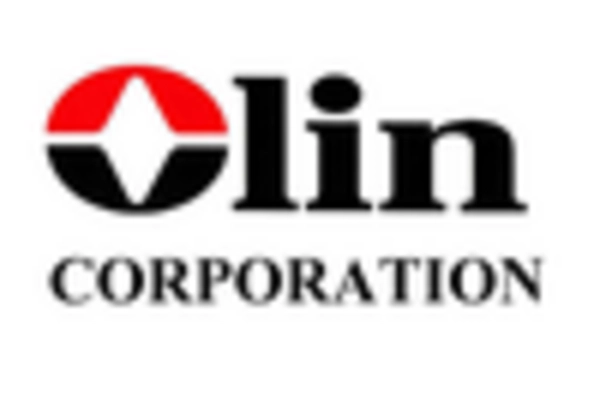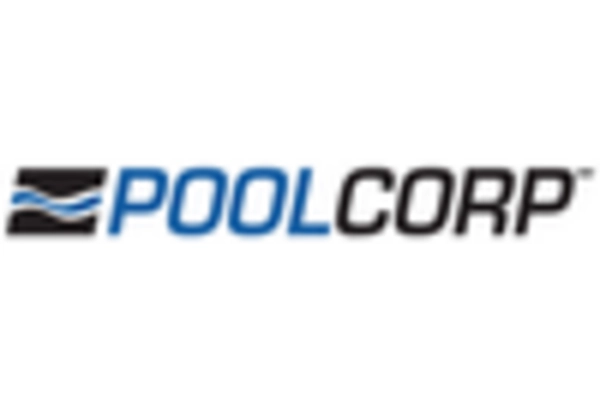Japan Swimming Pool Treatment Chemicals Market Summary
As per Market Research Future analysis, the Japan swimming pool-treatment-chemicals market Size was estimated at 38.1 USD Million in 2024. The Japan swimming pool-treatment-chemicals market is projected to grow from 39.05 USD Million in 2025 to 50.0 USD Million by 2035, exhibiting a compound annual growth rate (CAGR) of 2% during the forecast period 2025 - 2035
Key Market Trends & Highlights
The Japan swimming pool-treatment-chemicals market is experiencing a notable shift towards sustainability and innovation.
- The market is witnessing a rise in eco-friendly products, reflecting a growing consumer preference for sustainable solutions.
- Technological advancements in chemical formulations are enhancing the effectiveness and safety of pool treatment options.
- Increased regulatory compliance is shaping the market landscape, driving manufacturers to innovate and adhere to stricter standards.
- Key market drivers include the growing residential pool installations and rising awareness of water quality, which are propelling demand for effective treatment solutions.
Market Size & Forecast
| 2024 Market Size | 38.1 (USD Million) |
| 2035 Market Size | 50.0 (USD Million) |
| CAGR (2025 - 2035) | 2.5% |
Major Players
BASF SE (DE), Clorox Company (US), Haviland Enterprises Inc (US), Lonza Group AG (CH), Olin Corporation (US), Pool Corporation (US), SABIC (SA), Solvay SA (BE), United Chemical Company (RU)


